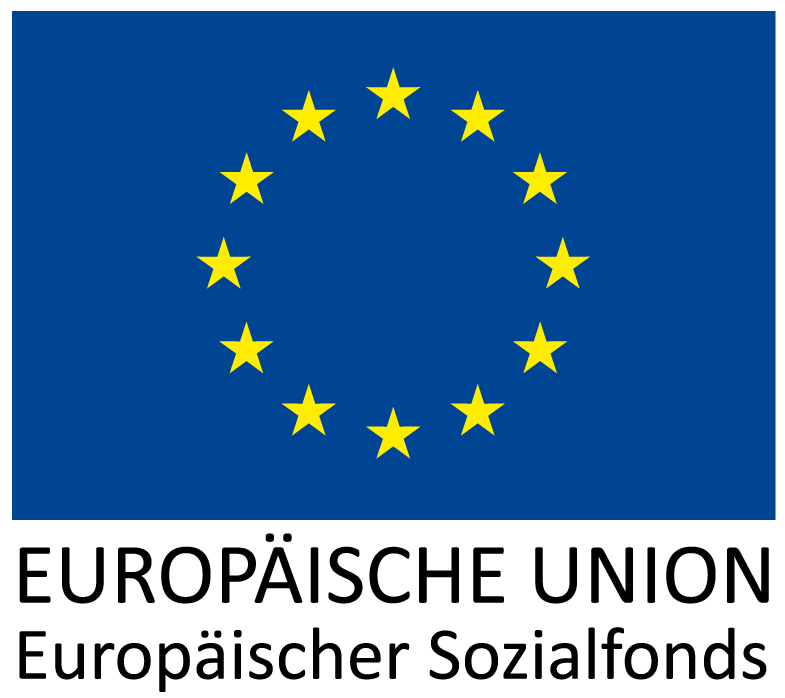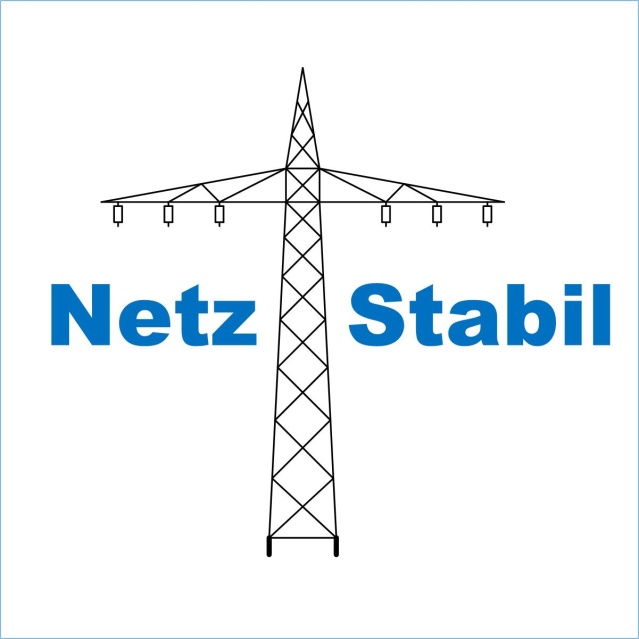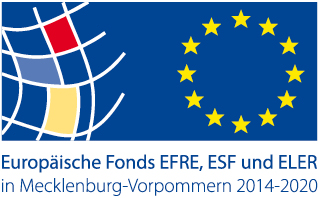Project title: Netz-Stabil - grid stability with wind and bioenergy, storages and loads under consideration of an optimal sector coupling
Abstract: The energy revolution on the generation side and technological changes on the consumer side are leading to a deterioration in the stability of the interconnected electrical grid.
Fluctuating feed-in of regenerative generators jeopardises the balance between generated and consumed power. This and the partial provision of ancillary services lead to "must-run units" of conventional power plants. However, the current-controlled inverters of regenerative generators also require an existing three-phase grid.
On the consumer side, the increasing use of inverter-fed drives leads to a weakening of the coupling between grid frequency and power consumption and thus to a reduction of the grid attenuation.
The research project pursues two objectives. Topics that have already been widely discussed by experts are dealt with their special reference to Mecklenburg-Western Pomerania and are thus also intended to point out meaningful paths for state policy. This concerns the useful grid operation of biogas plants, the M-V storage study, the optimised sector coupling, the regional integration of heat storage facilities and the necessary grid expansion. Topics that are even less widespread are addressed with the aim of further strengthening excellent research in Mecklenburg-Western Pomerania. Topics in this area include control engineering concepts for the stand-alone operation of wind turbines and the dynamic grid stabilisation using power electronically coupled loads. Questions on ancillary services through wind energy help to strengthen this branch of industry in Mecklenburg-Western Pomerania.
In addition to engineering topics at the University of Rostock and Stralsund University of Applied Sciences, the University of Greifswald looks at regulatory framework conditions and commercial incentive systems.






